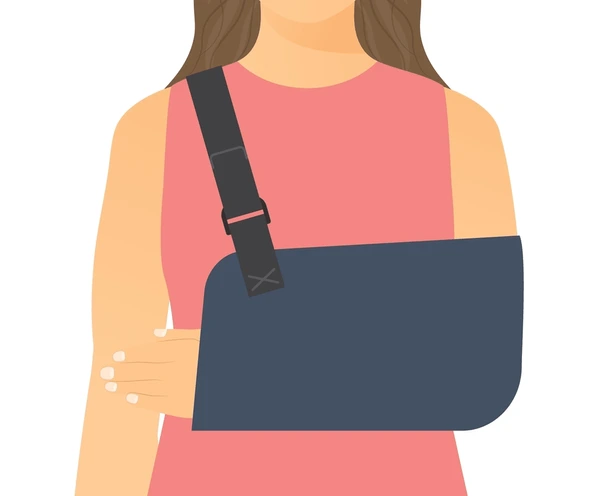Over the past several years, orthopedic surgeries have progressively moved from the hospital setting to outpatient ambulatory surgery centers. What once required several days in the hospital is now done as a same day surgery. Initially this occurred with arthroscopic procedures such as rotator cuff repair as the arthroscope allowed the surgeon to be less invasive and therefore pain after the procedure was decreased. This trend is now also occurring for joint replacement such as shoulder replacement.In my practice, approximately 70% of my shoulder replacements (anatomic total shoulder or reverse total shoulder) are performed as a same day outpatient surgery. Same day outpatient surgery has many benefits including lower risk of complications, patients can recover in the comfort of their own home and reduced cost. However, not everyone is a candidate for outpatient shoulder replacement.Several factors are used to determine appropriate candidates for same day surgery:
- Age - In my practice the goal is for all patients under the age of 80 to go home the same day. For patients under the age of 70, our rate is about 90%. For patients between the ages of 70 and 80, about two-thirds of patients go home the same day. Over the age of 80 I have most patients stay one night in the hospital because age over 80 is a published risk factor for readmission. However, in select cases (those who are motivated, very healthy, and have help at home) same day discharge is allowed.
- Health - The next criteria that is evaluated is health. Patients have to be in good health to go home the same day. Common examples of people who are not candidates for same day surgery are those that have substantial sleep apnea (typically a home CPAP setting >10), uncontrolled diabetes (Ha1C > 7), and those with a history of recent heart attack (within 2 years).
- Assistance at Home - In order to go home the same day a patient needs to have good home support. Either a spouse or friend must be present the night of surgery and in general I advise having someone around for the first week after surgery.
The surgery is typically performed at an outpatient or ambulatory surgery center. Younger patients with standard or “commercial” insurance will go to an outpatient or surgery center. The cost is much lower and the so the risk of “hospital-acquired” infection is lower. For patients with Medicare insurance (typically over the age of 65) a patient can still go home the same day, however the surgery is performed at the hospital because of current Medicare billing requirements. This will likely change in the coming years as Medicare is finally wising up to the fact that the cost is much higher at the hospital.Contact our office at 541-608-2595 to find out more about outpatient shoulder replacement and to see if you may be a candidate.
Similar posts



